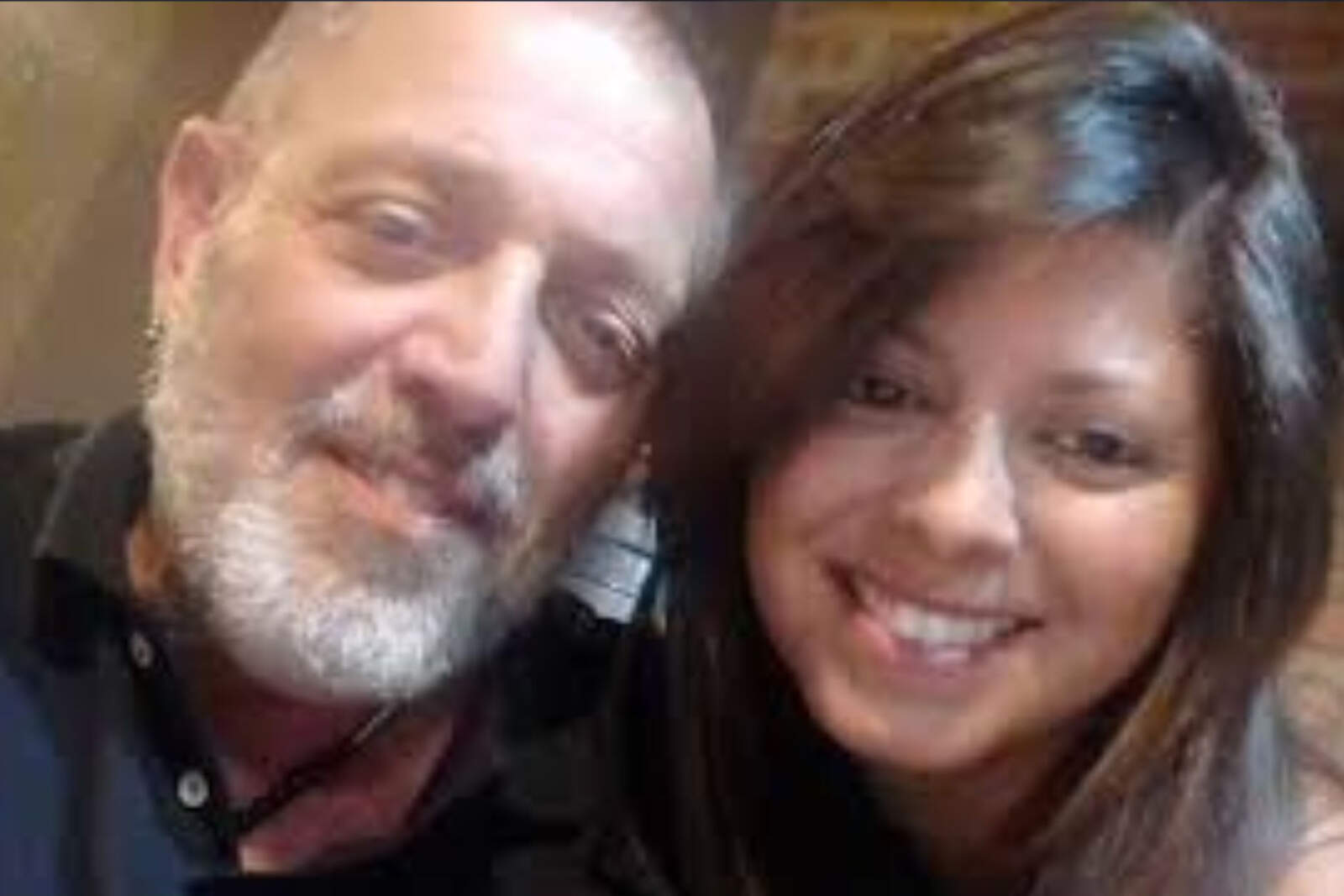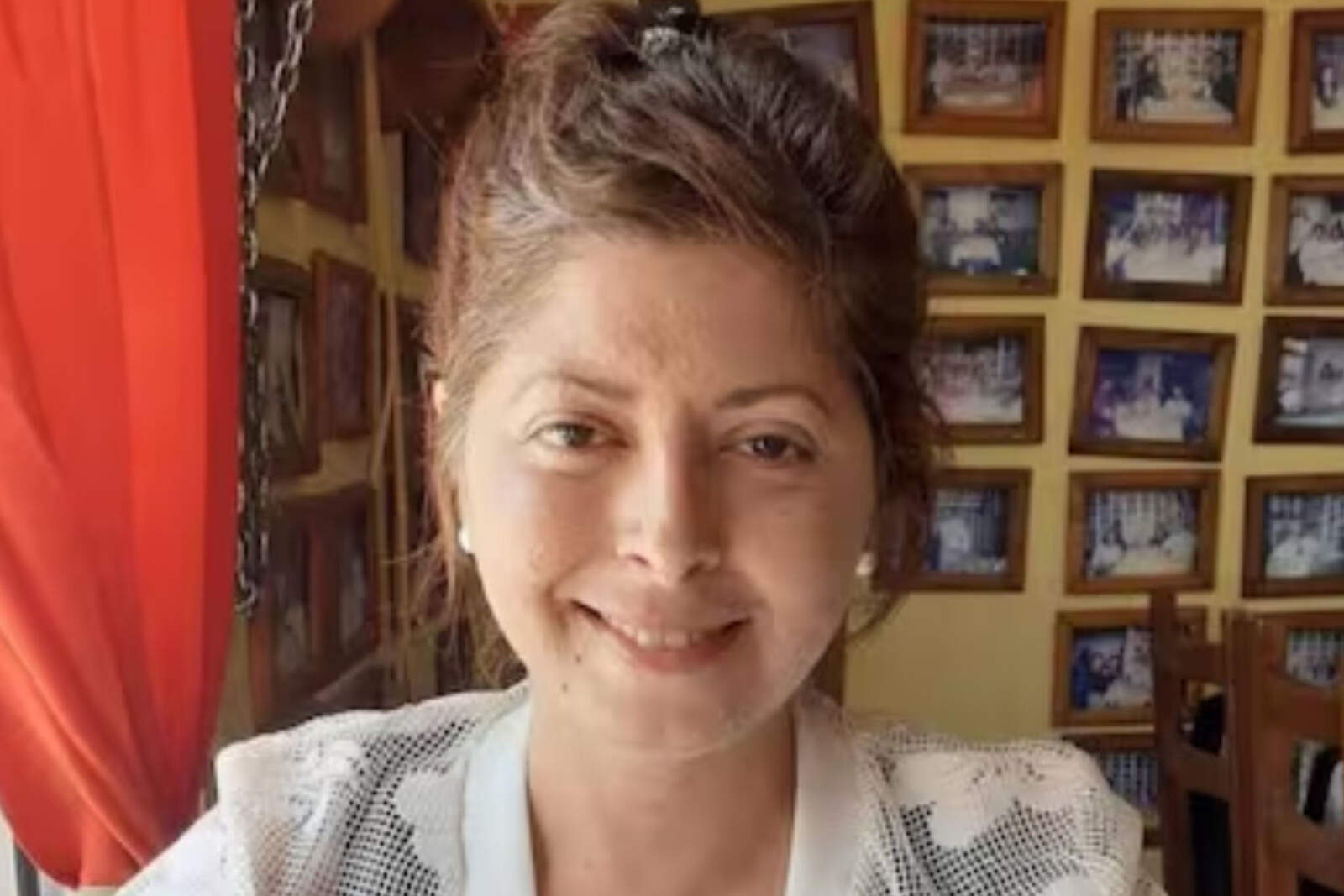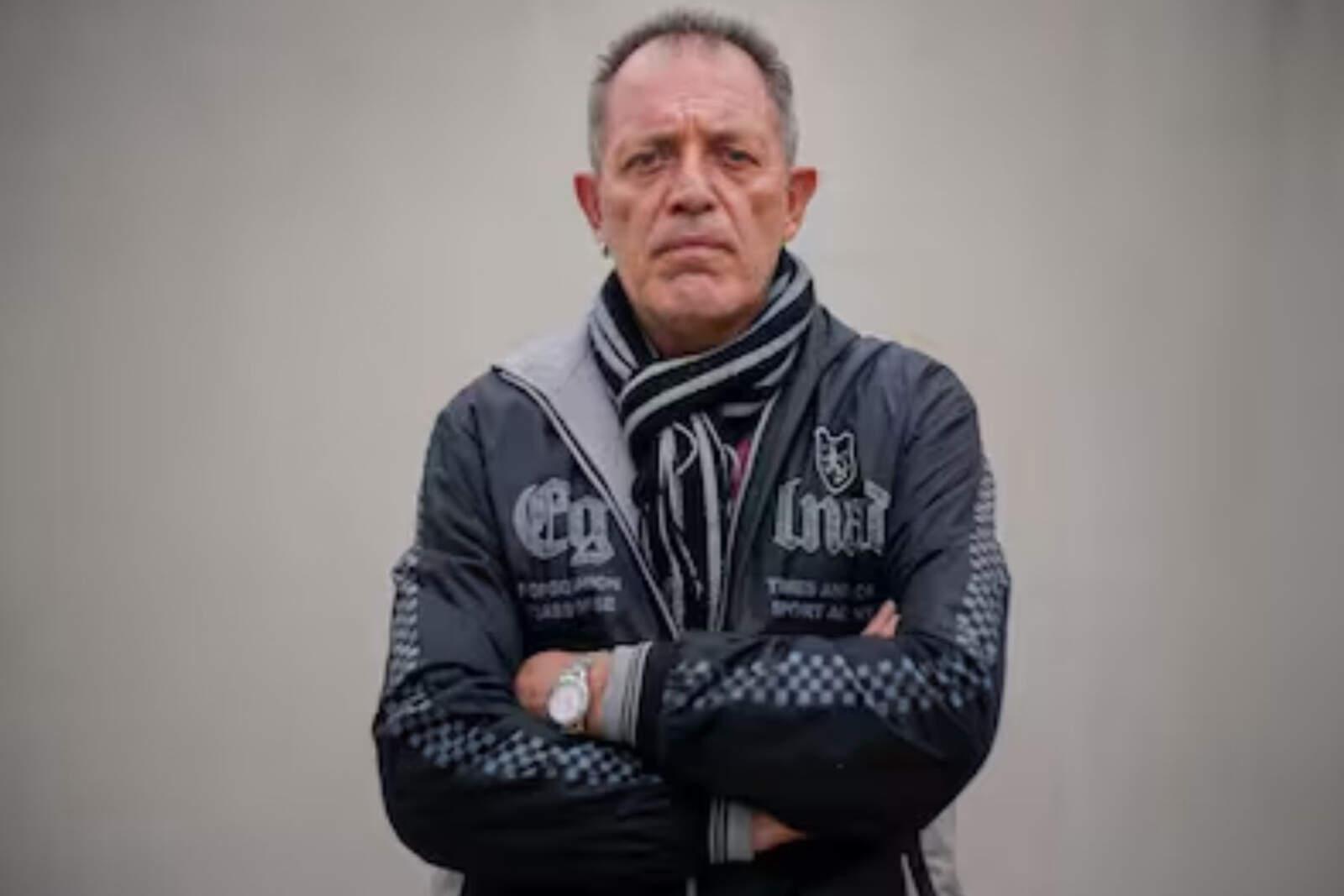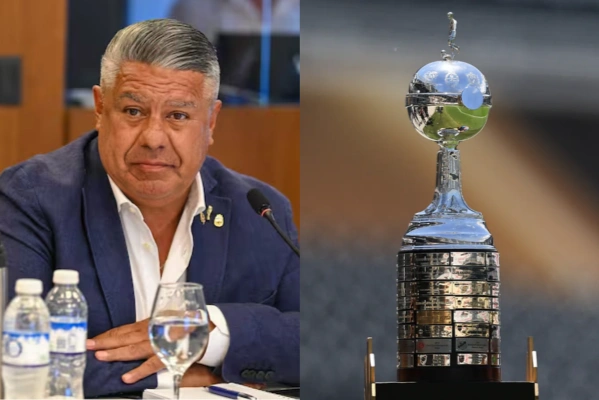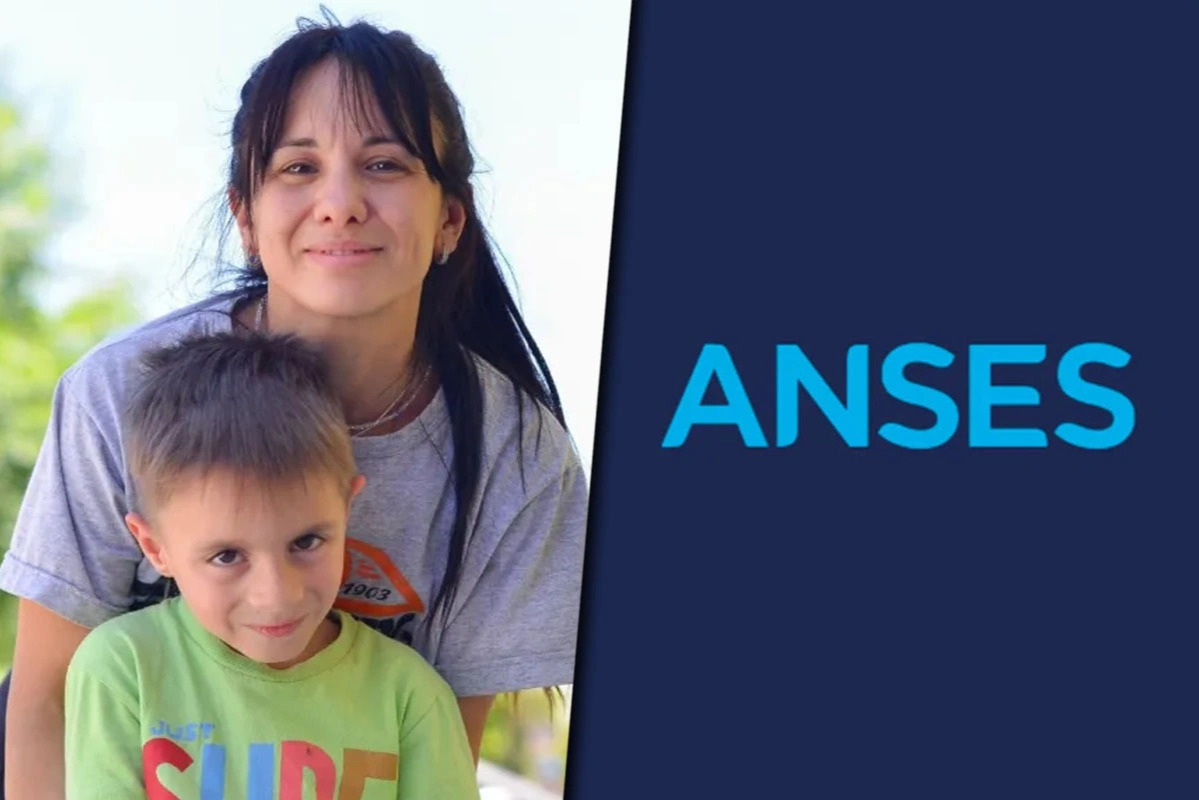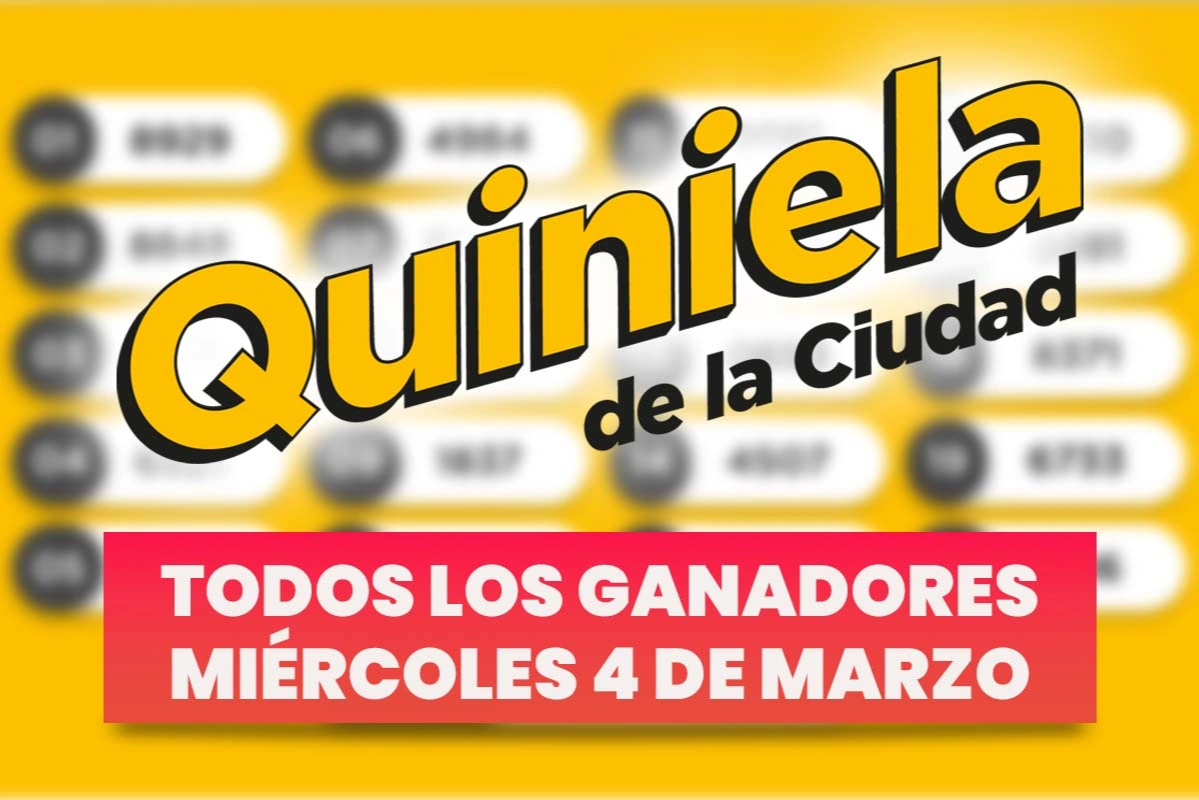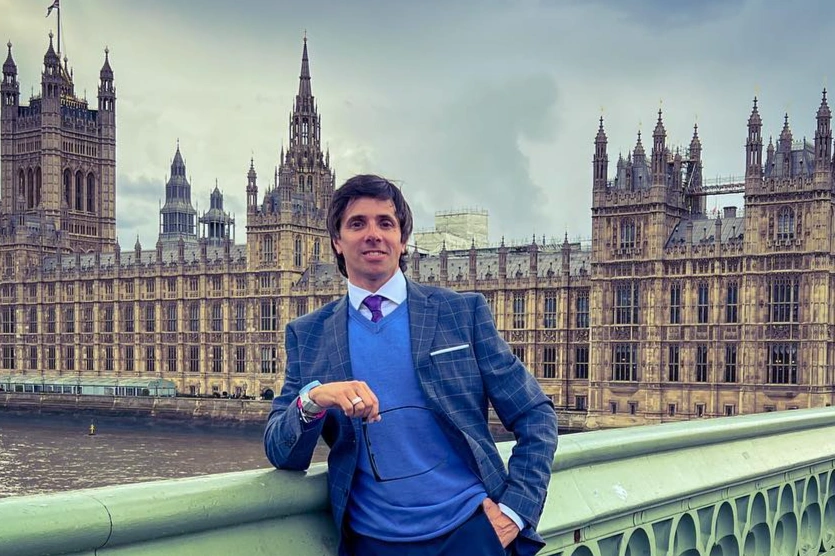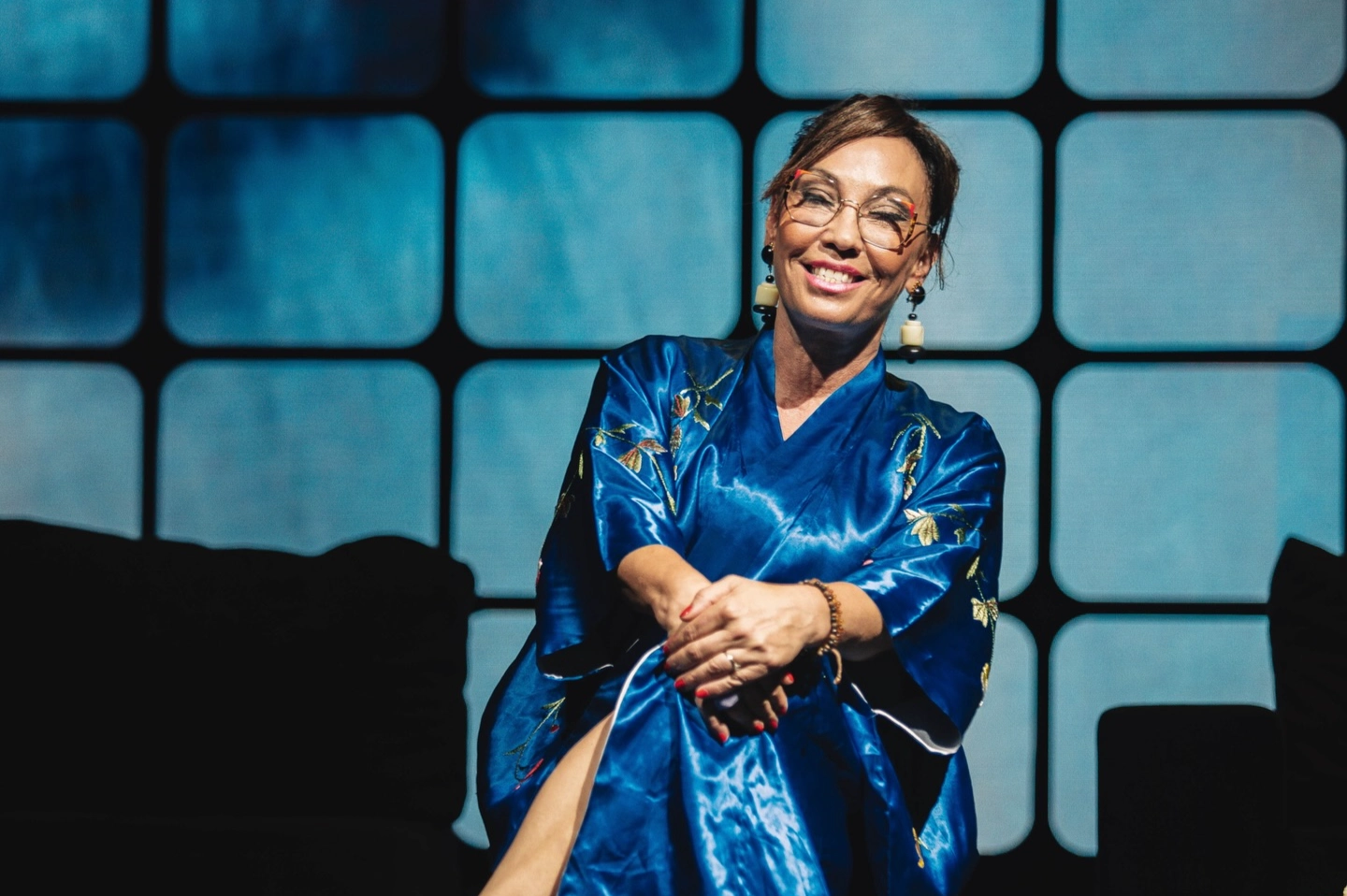This Monday the trial began in Río Cuarto against two former officials of the COE of Huinca Renancó, accused of abuse of authority in 2020. The physician Eduardo Andrada and the social worker Analía Morales are charged, responsible for preventing Pablo Musse from entering Córdoba. The measure prevented him from saying goodbye to his daughter Solange, who was suffering from terminal cancer.
The hearing is taking place in the Criminal and Correctional Chamber of the First Nomination, presided over by Judge Daniel Vaudagna. The court also includes chamber judges Nicolás Rins and Diego Ortiz, as well as lay jurors. The prosecution is led by Chamber Prosecutor Julio Rivero.
The case gained national attention by exposing the harshness of the inhuman health restrictions during the lockdown. The Musse family denounced arbitrariness and dehumanization in the enforcement of regulations. The incident led to a judicial case that, five years later, is finally being debated.
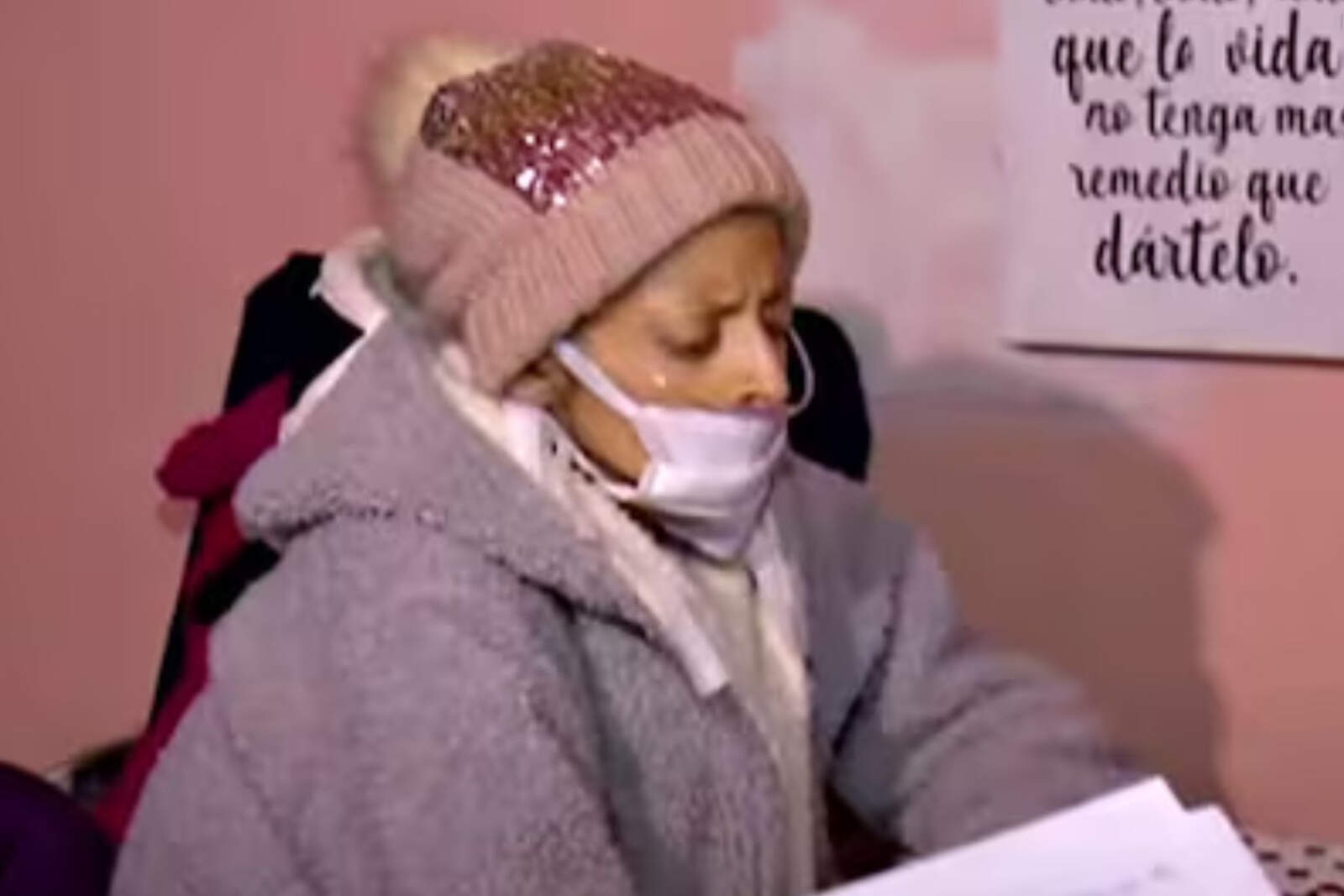
A farewell that could never happen
Solange Musse, 35 years old, was living in Alta Gracia with home hospitalization while receiving care for stage 4 cancer. In August 2020, she was anxiously awaiting her father, who was traveling from Neuquén accompanied by his disabled sister-in-law. However, he was stopped in Huinca Renancó by the local health checkpoint.
A positive Covid-19 test turned him into a "suspected case" and prompted the officials' decision to deny him entry. Although a subsequent swab test came back negative, the order was final. Musse had to return escorted by police vehicles to Plottier, on a journey of more than a thousand kilometers (over 621 miles).
